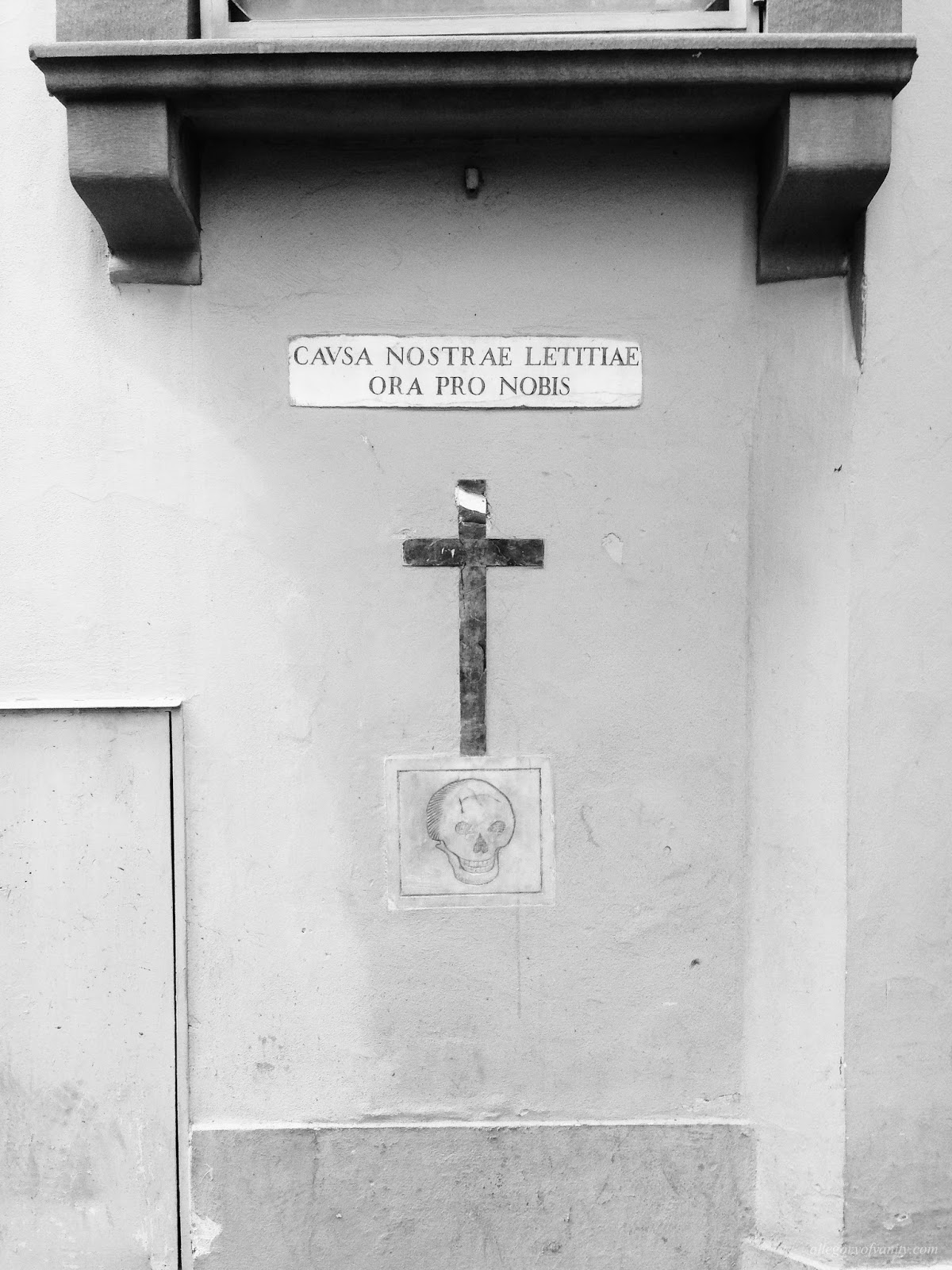Amy Wesson, Isaac Mizrahi S/S 1997, photographed by Somsack Sikhounmuong.
This Is What New York Fashion Week Looked Like Before Influencers & Instagram:
“It was probably just around 1997 and I’d started as a design student at Parsons. Coming to New York from Toronto was like hitting the jackpot. My dorm roommate at the time took me to meet his friend Ellen, and when we went to her apartment, she had a photo of Kate Moss framed on her table. She told me she took the photo herself, and I was like, 'Wait, you can do that?' She told me, 'Yes, there are fashion shows that are happening up in Bryant Park soon, and you just have to go up there and hang out, see what’s happening.' This was back when New York Fashion Week started in October, it was the fourth leg of the shows after London, Milan, and Paris. So it was October, and I ran to Duane Reade to get a disposable camera, took the N train up to Bryant Park, and just waited outside of the tents.
It was really strange because there were no bloggers, there was no street style; this was pre-Vogue.com. So I found myself waiting at the exit of the tents with a bunch of industry photographers, and there weren’t even that many—I think I was maybe one of four people. I would hang out there if I didn’t sneak into the show or backstage, and I would just call the models by name and ask them for a photo. This was prior to the idea of a celebrity model, outside of the Supers; so I think they were probably a bit taken aback to hear me call them by name, but they would oblige most of the time, and if they weren’t in a rush, they would pose, and you’d say, 'Thank you,' and they’d be on their way.
I would definitely try to sneak into the shows when I could, and security then was pretty loose. The shows I always had on my list and the ones that I always tried to sneak into were Anna Sui, Marc Jacobs (who showed away from the tents), and Isaac Mizrahi. These were the must-stake-out shows. It was such an insider industry in the 1990s, so you would have to pull out WWD and find the calendar in there, and if I couldn’t, I would call the press offices of the brands and pretend to be someone’s assistant confirming the time, date, and place for a show. It was a different era then, and it was special, because if you really wanted to see what was going to happen in fashion in six months, you had to be at the shows, you’d have to try and find your own way in. Also, the only photos of models I’d ever seen were runway pictures, so snapping them candidly was a nice way to see models in their real clothes, their real uniforms. That stayed in my mind, and I think informed a lot of what I do now at Alex Mill and what I did when I was at J.Crew—the idea that looking great doesn’t have to equate to ultra-glamour and it doesn’t have to cost a lot of money.
I’ve kept these photos in a shoebox in my closet for the last 20 years. I’d say I probably have around 100 of them and they’ve always helped inspire me as a designer. I can still remember the excitement of dropping the film off at the photo counter at Duane Reade and the excitement of picking up the photos. Sometimes a whole roll would be garbage because the models didn’t pose long enough or they’d be fuzzy, but sometimes you’d find these really special photos that you didn’t even know you took. I love having these memories because it was a time when the industry was solely made up of people who really, really loved fashion and who just wanted to see the clothes, who loved the models. Now, there are just so many people, and it’s hard to tell who is going to the show and for what reasons, which makes it a little less special to me. Now, I am usually 99 percent sure that almost everyone is dressing up to be photographed and that just gives a very different mood to the whole experience. In the ’90s it was pure, naive even."
- Somsack Sikhounmuong for
Vogue, September 2019, via
vogue.com.












